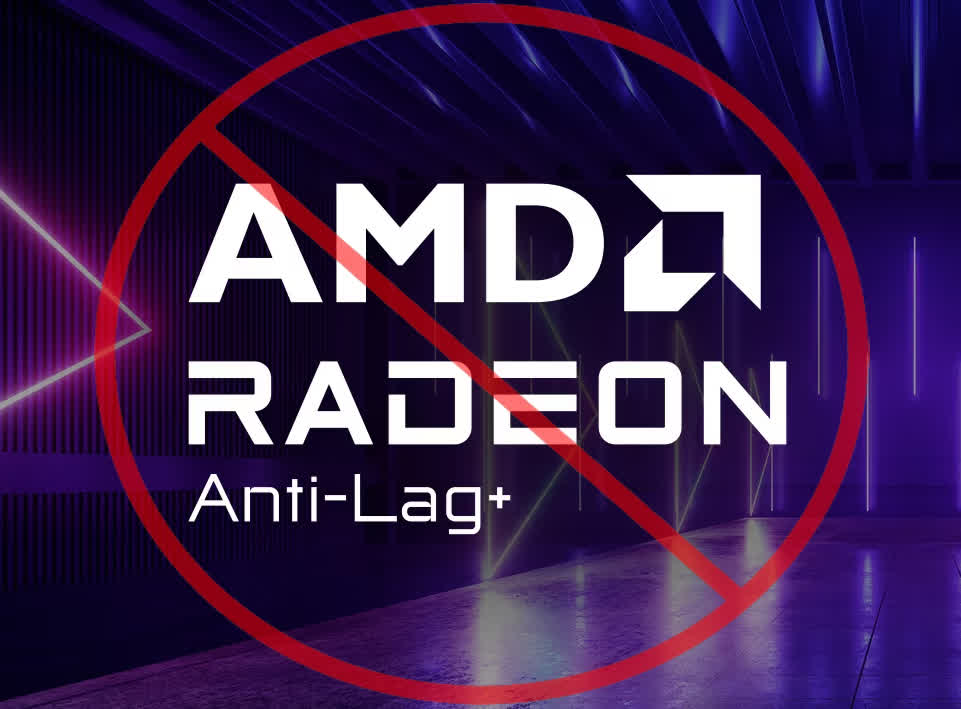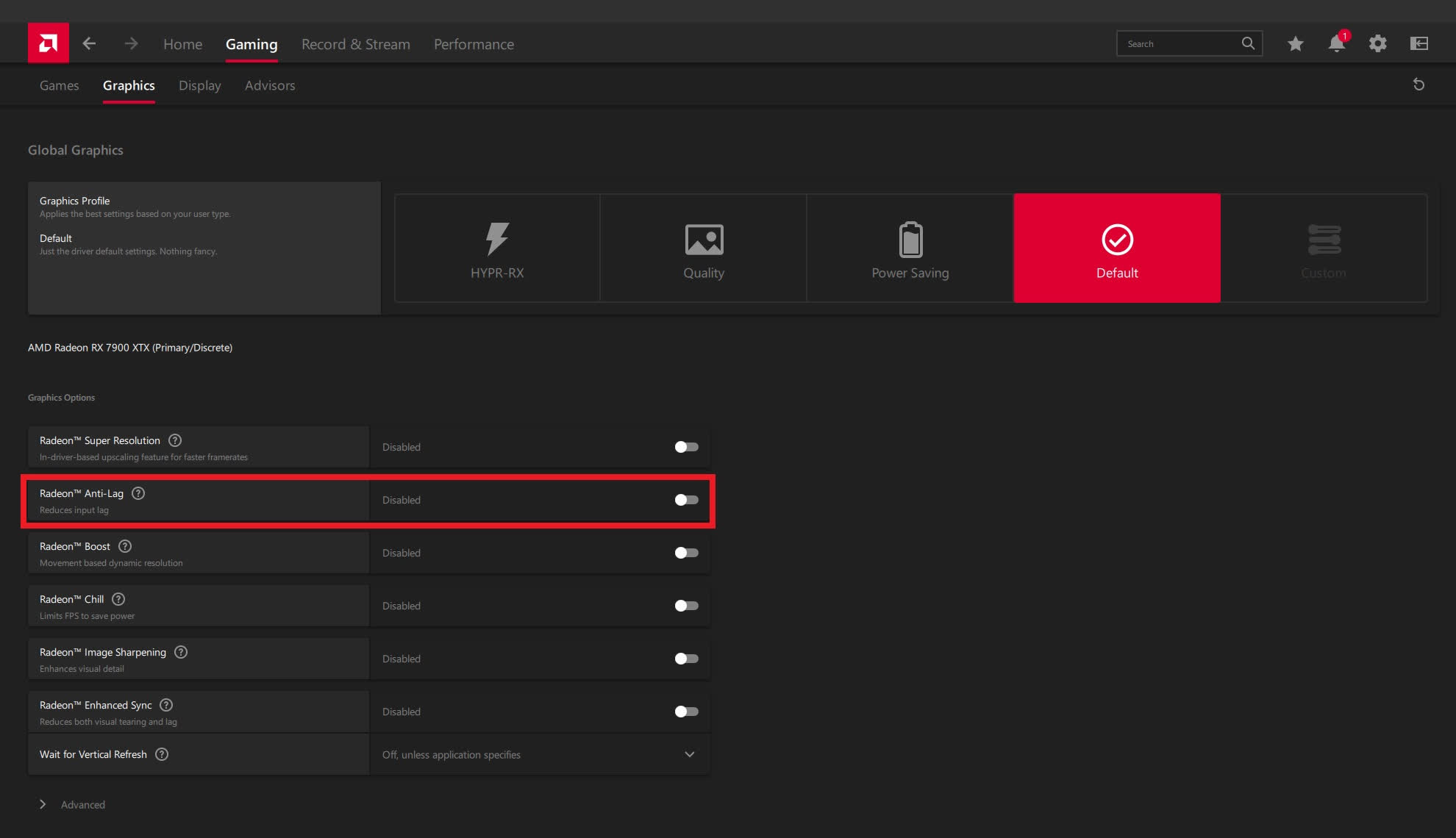Facepalm: Friday the 13th certainly wasn't a good day for AMD and the Radeon graphics team. The company officially acknowledged issues related to its Anti Lag+ technology and unintended bans for players using the solution in Counter-Strike 2. It said it is working with Valve to rectify the situation.

Unfortunately for AMD, Anti Lag+ users now report encountering bans, crashes, and performance issues in other popular multiplayer titles, driving many to question the decisions behind the solution's overall design.
Rather than helping players reduce lag to shoot their opponents, AMD shot itself in the foot as reports of Anti-Lag+ related issues began popping up across social media on Friday afternoon. The official Counter-Strike X account immediately issued a warning, letting players know that using Anti-Lag/+ would result in a VAC ban. Several hours later, AMD confirmed the problem was related to its Adrenaline 23.10.1 driver package. It advised users to refrain from enabling Anti-Lag+ in CS2 until further notice.
AMD's latest driver has made their "Anti-Lag/+" feature available for CS2, which is implemented by detouring engine dll functions.
– CS2 (@CounterStrike) October 13, 2023
If you are an AMD customer and play CS2, DO NOT ENABLE ANTI-LAG/+; any tampering with CS code will result in a VAC ban.
Once AMD ships an update we...
The issue appears to stem from AMD's chosen implementation of its low-latency solution. Instead of building functionality to supplement the existing game files, AMD's Anti-Lag+ solution design directly augments the game file's dynamic link libraries (.DLLs). In this case, the solution attempts to tamper with the Valve Anti-Cheat (VAC) .DLLs causing the auto-bans.
https://t.co/LOiOIcoZsV pic.twitter.com/LvAyIOj8Ec
– AMD Radeon (@amdradeon) October 14, 2023
The situation went from bad to worse between Friday's announcement and early Saturday morning, as more reports of users encountering Anti-Lag+ related problems continued to surface. Users across several platforms began reporting issues in other titles such as Modern Warfare and Apex Legends, both popular multiplayer games with extensive and well-known anti-cheat protections in place.
Given the driver-level nature of AMD's solution and protections put in place by other anti-cheat measures, it's not out of the realm of possibility to see the issue arise in other games until a fix (or a replacement) is released. The safest approach for Radeon users running the latest driver packages is simply disabling the Anti-Lag/Anti-Lag+ functionality via the Adrenaline client by navigating to the Gaming tab and Graphics menu or using the default Adrenaline hotkey combination.
It's understandable why many popular online multiplayer games have rigorous anti-cheat protections to ensure players do not tamper with game files. However, it's unclear why AMD would target those untouchable files directly rather than building a solution that works within the allowable parameters known as anti-cheat measures.
Nvidia's competing latency reduction solution, Nvidia Reflex, is implemented via a software development kit that augments and works with game files rather than attempting to manipulate them directly. This implementation is one of the reasons that Reflex has not triggered similar anti-cheat protection measures.
Given the impact and current fallout of the AMD situation, there's a good chance that Team Red may have to regroup and redeploy a new solution altogether. Until then, users should exercise caution when enabling Radeon's Anti-Lag+ in online games.
https://www.techspot.com/news/100493-amd-anti-lag-issues-causing-bans-crashes-other.html
